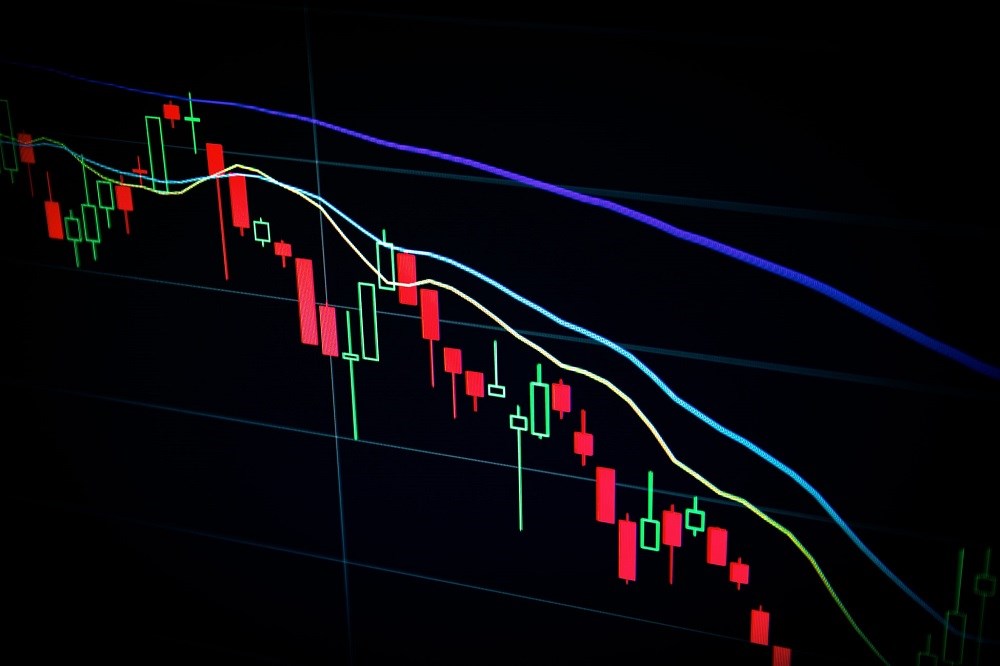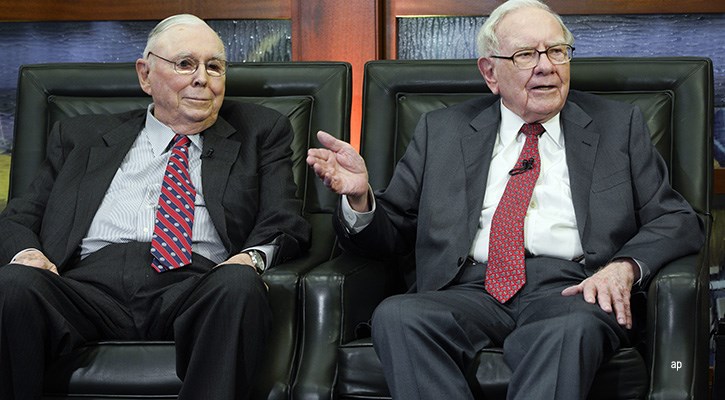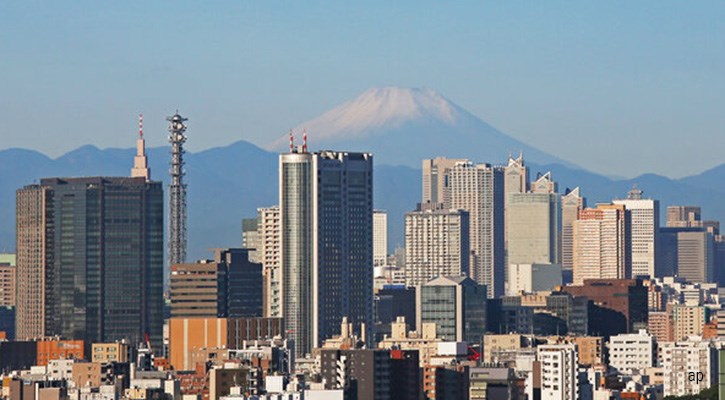In a recent report, Morningstar senior equity analyst Preston Caldwell evaluates what's holding back the U.S. economy and looks at the impact of pandemic-related issues like working from home, halted business travel, and a slowed job market recovery. (Morningstar Direct clients can read the full report here.)
Caldwell says the surge in delta-variant coronavirus cases will only moderately delay the return to normal. Vaccinated individuals are mostly safe from severe illness, while those who haven't received vaccines largely aren't concerned about coronavirus risk.
U.S. Economic Outlook and Consumer Goods
Caldwell expects U.S. real gross domestic product to increase by 6.0% in calendar-year 2021 and by 4.3% in 2022. These estimates are in line with his projections from last quarter--even after accounting for rising delta-variant coronavirus cases.
Exhibit 1 shows his U.S. real GDP growth forecast, broken down into supply-side factors. Caldwell focuses on the supply side because the demand side of the economy won't be constrained for the foreseeable future, thanks to the record fiscal stimulus passed in 2020 and 2021.

Consumer goods spending has led the recovery, boosted by stimulus checks and substitution by social-distancing consumers. Consumer services is quickly recovering, thanks to mass vaccination, but second-quarter 2021 spending was still down 3.3% from prepandemic levels.
Consumer Services Nearing Full Recovery
Caldwell projects that consumer services spending will increase in 2021 and 2022 by 6.4% and 6.7%, respectively. The delta variant's rapid spread won't permanently diminish consumer services demand, but it will delay the recovery, he says.
Restaurants and hotels are down just 3% from prepandemic levels: an impressive recovery considering both industries were down 40% in the second quarter of 2020. Healthcare services are down 4.3% from prepandemic levels since patients are still putting off major procedures, Caldwell says. But he doesn't believe this will last much longer.
He notes two reasons why some consumer services have lagged restaurants' recovery. The first and most important reason is that some consumer services often require planning far in advance. For example, many individuals plan vacations, book live-event tickets, and schedule medical procedures ahead of time.
Another reason is some industries probably present more coronavirus risk than others, Caldwell says. Air travel, amusement parks, and live entertainment may continue to deter risk-sensitive individuals, especially with surging delta-variant coronavirus cases.
The Job Market Isn't Recovering as Fast as We Expected
Caldwell estimates that U.S. employment will recover to prepandemic levels by mid-2022. Though the employment recovery is taking longer than expected, considering that as of the second quarter of 2021, employment was still down 4.5% from its prepandemic level.

A 0.8% increase in U.S. real GDP in the same period also complicates matters. Caldwell says a 3.5% increase in labor productivity (compared with prepandemic levels of around 1.4%) partly explains this disconnect. He provides two reasons.
The first is a productivity boost from the "cleansing effect." This involves businesses using recessions as an opportunity to cut less productive employees and teams. Another is the "reallocation effect," which temporarily increases productivity for otherwise less-productive industries while an economy recovers.
Workers Are Returning to the Office
As of mid-2021, Caldwell estimates that 20% of U.S. employees are working from home. This is a significant drop from the spring of 2020, when roughly 40% of U.S. employees worked from home.
He estimates, when the dust settles from the pandemic, that 13% of U.S. employees will work from home, which is up from the 9% prepandemic level. This projection is unchanged from a September 2020 study.
The fact that working from home is still prevalent as of mid-2021 doesn't dissuade Caldwell's long-term forecast. He states that working from home isn't everyone: It requires the right occupation, permission from the employer, and, ultimately, the choice of the worker.
Business Travel Is Nowhere Near Normal
A sharp drop-off in business travel has depressed spending in hotels, airlines, and other related areas. Since these industries rely on business travel, they won't fully recover until business demand does--even if consumer demand for these industries has normalized.
The delta variant will also certainly delay business travel, Caldwell says.
A recent Deloitte survey of 150 travel managers from large companies found that second-quarter business travel spending was around 10% to 15% of 2019 levels. These travel managers expect business travel spending to steadily increase, reaching 75% of prepandemic levels by the end of 2022. Caldwell says it's unclear whether the remaining gap will close, but even a limited recovery would boost hospitality and travel.
©2021 Morningstar. All rights reserved. The information, data, analyses and opinions presented herein do not constitute investment advice; are provided as of the date written, solely for informational purposes; and subject to change at any time without notice. This content is not an offer to buy or sell any particular security and is not warranted to be correct, complete or accurate. Past performance is not a guarantee of future results. The Morningstar name and logo are registered marks of Morningstar, Inc. This article includes proprietary materials of Morningstar; reproduction, transcription or other use, by any means, in whole or in part, without prior, written consent of Morningstar is prohibited. This article is intended for general circulation, and does not take into account the specific investment objectives, financial situation or particular needs of any particular person. Investors should consult a financial adviser regarding the suitability of any investment product, taking into account their specific investment objectives, financial situation or particular needs, before making any investment decisions. Morningstar Investment Management Asia Limited is licensed and regulated by the Hong Kong Securities and Futures Commission to provide investment research and investment advisory services to professional investors only. Morningstar Investment Adviser Singapore Pte. Limited is licensed by the Monetary Authority of Singapore to provide financial advisory services in Singapore. Either Morningstar Investment Management Asia Limited or Morningstar Investment Adviser Singapore Pte. Limited will be the entity responsible for the creation and distribution of the research services described in this article.
\














.png)









